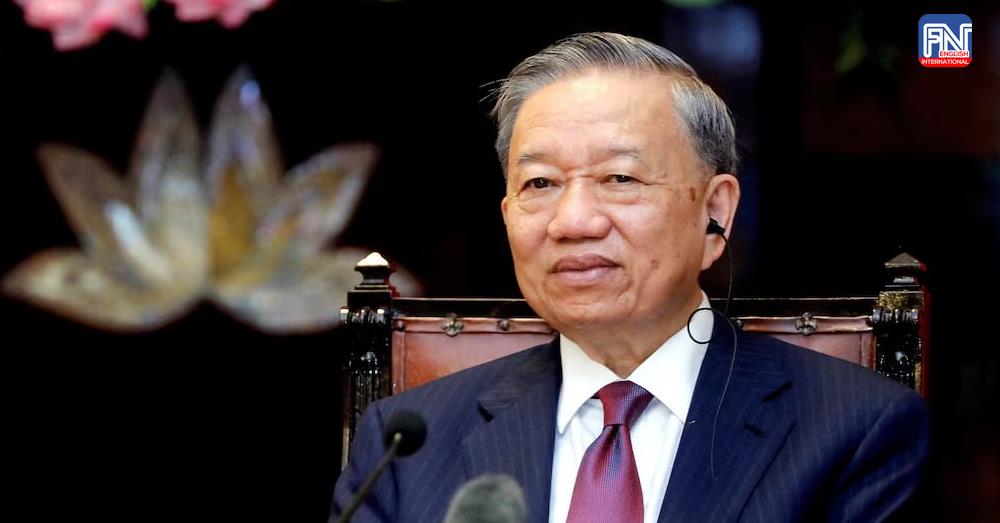HANOI, Oct 21 (Reuters) - Vietnam's parliament elected on Monday army general Luong Cuong as the new state president in a widely anticipated move that is expected to bring some stability to Vietnamese politics after a turbulent phase of departures and reshuffles.
Cuong, 67, takes over the role from To Lam, who was appointed president in May and then also took on the more powerful job of party chief following the death in July of general secretary Nguyen Phu Trong.
Cuong was elected with the vote of all the 440 deputies who attended the parliament session on Monday.
He currently holds a key position in the secretariat of the Communist Party, which made him the fifth-highest ranking official in the country after party chief, president, prime minister and parliament's chairman. Cuong is also a member of the Politburo, the party's top decision-making body.
The state president holds little direct power but represents the country in high-level meetings with foreign dignitaries. In his short spell as president, Lam has met the leaders of China, Russia and the United States, among others.
In Communist-run Vietnam, the party chief has become the most powerful figure since the late Trong effectively expanded the role's powers in his 13-year tenure.
The move by Lam, a former head of police, to relinquish the presidency may indicate a power-sharing compromise within the party, multiple diplomats said.
Foreign multinationals, who have large investments in the southeast Asian country for export-oriented manufacturing, had long praised Vietnam's political stability.
Many were taken aback by recent turmoil in the leadership amid a sweeping anti-corruption campaign that led to the resignation of two state presidents and one parliament chairman in a relatively short period of time before Lam's election.
The new power-sharing arrangement is set to last until 2026, when all top positions will again be up for grabs as part of a regular five-year reorganisation of the political leadership.

Photo from Reuters




